
About the Project
The Enhancing Climate Resilience of the Urban Landscapes and Communities in Thimphu–Paro Region of Bhutan (ECRUL) Project is a six-year climate adaptation initiative launched in February 2025. Funded by the Global Environment Facility (GEF) Least Developed Countries Fund (LDCF) with a grant of US$20 million and co-financing of over US$62 million from the Royal Government of Bhutan, the project is implemented by the Ministry of Infrastructure and Transport in partnership with UNDP.
Bhutan’s capital, Thimphu, and its neighbouring district of Paro are home to a quarter of the country’s population and contribute over 40% of its GDP. However, these rapidly urbanizing areas face mounting threats from climate change—flooding, landslides, water scarcity, and forest fires—exacerbated by infrastructure that is not designed to withstand climate shocks.
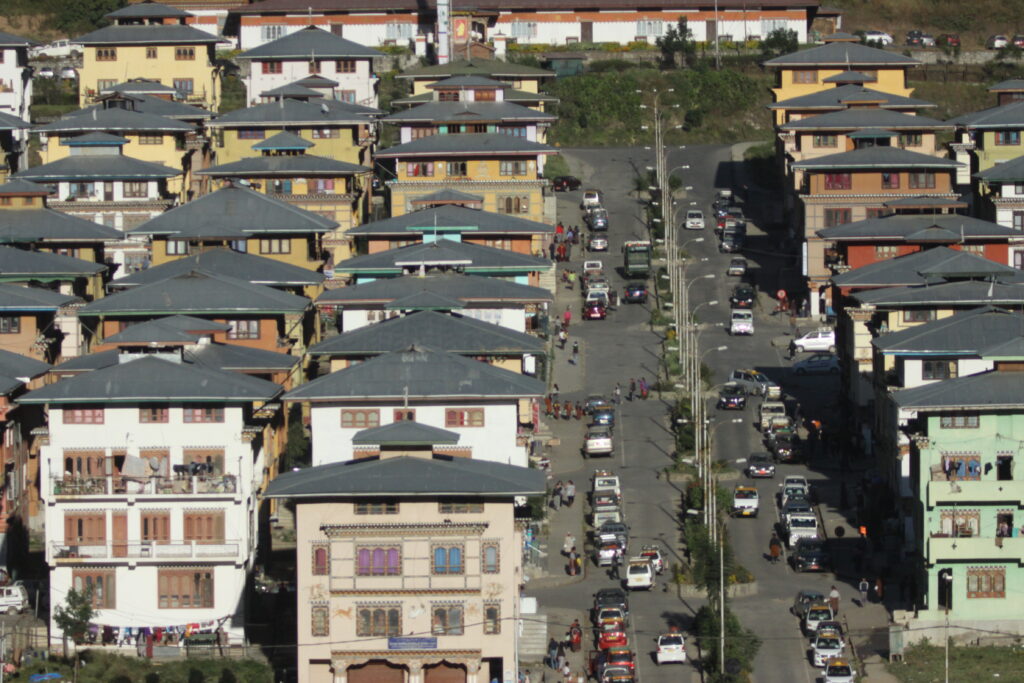
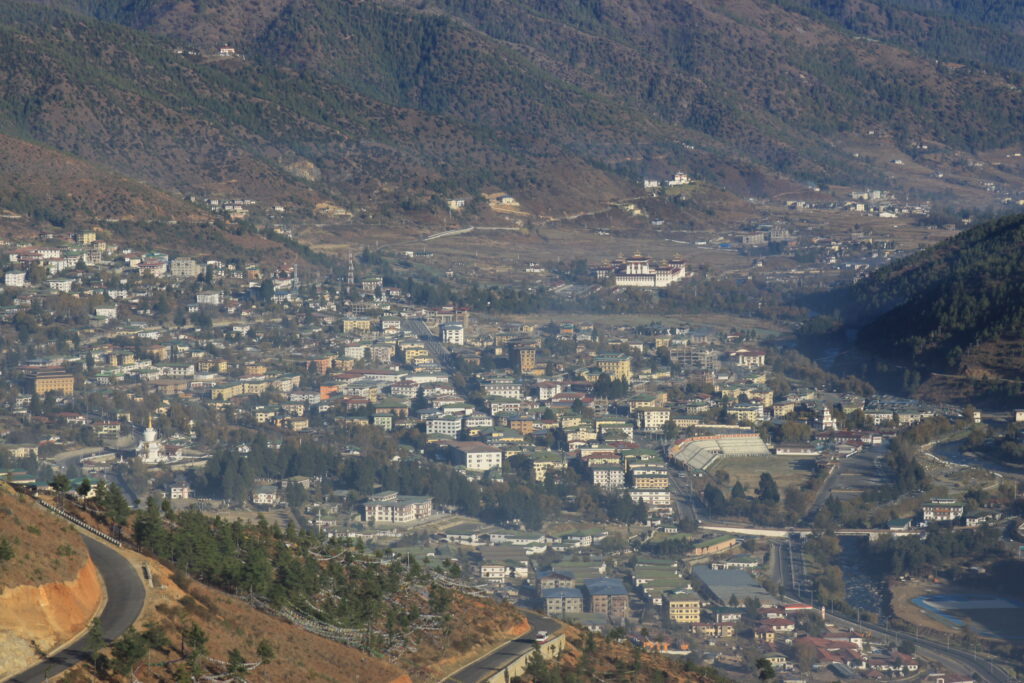
The project will implement innovative, nature-based solutions (NbS) to mitigate these risks, focusing on restoring 800 hectares of watershed and springshed land, upgrading early warning systems and enhancing stormwater management infrastructure. The ECRUL project will directly benefit over 146,000 residents.
A key priority is integrating gender-responsive planning into climate-adapted urban development strategies. Initiatives include training over 200 stakeholders and community members, developing local adaptation plans and empowering communities through participatory processes and fostering entrepreneurship, especially among women and youth. The private sector will play a pivotal role through capacity-building initiatives, green financing opportunities and public-private partnerships.
By promoting climate awareness and fostering sustainable behaviour change, the project will significantly enhance the resilience of Thimphu and Paro to climate impacts.
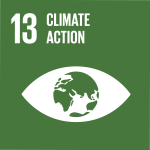

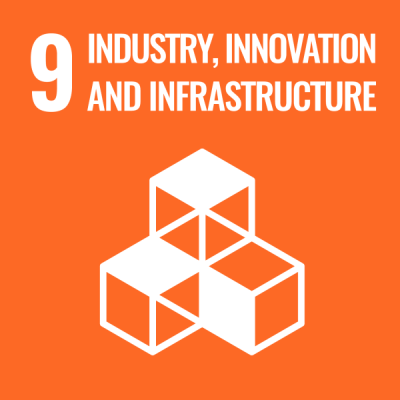
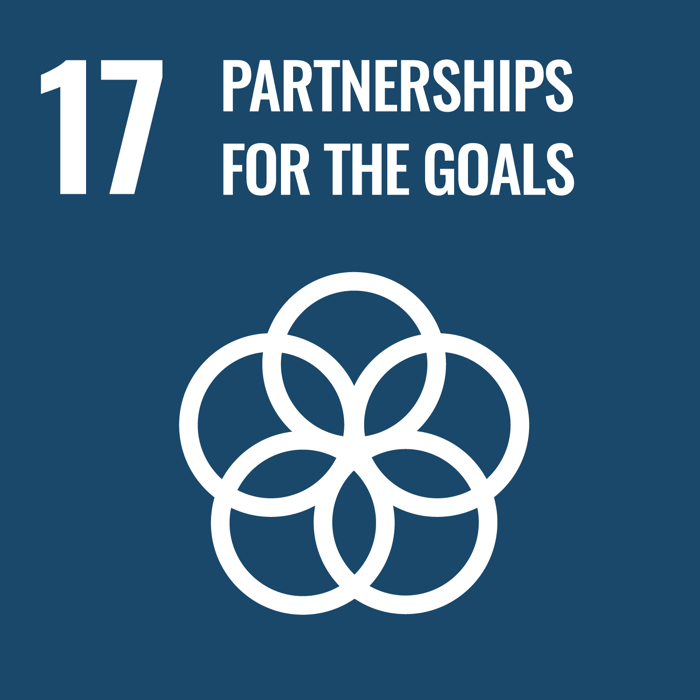
Expected outcomes
Outcome 1
Enrich our Institutional coordination, stakeholder engagement and climate adaptation capacity strengthened for inclusive and resilient urban planning and development community.
Outcome 2
Climate risk management measures designed and implemented for water management systems and urban infrastructure.
Outcome 3
Project knowledge is managed, and project results are monitored and evaluated to foster learning, adaptive management, sustainability and replication.
Project Details
Community
Municipality
District
National
Local Governments
- National Governments
- Non-Governmental Organizations
- Private Sector Partners
- UNDP Country Office
Global Environment Facility (GEF)
- Royal Government of Bhutan
- United Nations Development Programme (UNDP)
Global Environment Facility – Least Developed Countries Fund
GEF-LDCF grant: US$18,048,624 + UNDP TRAC resources: $75,000 Co-financing: $62,111,000
Key results and Outputs
OutCome 1: Inclusive urban planning strengthened through coordination, engagement, and climate resilience.
Outcome 2: Climate risk measures were implemented for water systems and urban infrastructure.
Outcome 3: Project knowledge is managed, with results monitored to support learning, adaptation, and sustainability.
Responsible Parties
Academic Institutions
- College of Science and Technology (CST)
Autonomous Agency
- National Center for Hydrology and Meteorology (NCHM)
Financial Institutions
- Royal Monetary Authority (RMA)
Local Governments
- Paro Dzongkhag Administration
- Thimphu Dzongkhag Administration
- Thimphu Thromde
Ministry of Education and Skills Development (MoESD)
- Department of Workforce, Planning and Skill Development (DoWPSD)
National Commission for Women and Children Secretariat (NCWCS)
Ministry of Energy and Natural Resources (MoENR)
- Department of Environment and Climate Change (DECC)
- Department of Forest and Park Services (DoFPS)
- Department of Water (DoW)
Ministry of Finance (MoF)
- Department of Macro-Fiscal and Development Finance (DMDF)
Ministry of Industry, Commerce and Employment (MoICE)
- Department of Employment and Entrepreneurship (DoEE)
Ministry of Infrastructure and Transport (MoIT)
- Geomatics and Logistics Division (G&LD), Department of Human Settlement
- Infrastructure Planning and Flood Adaptation Division (IPFAD), Department of Human Settlement
- Policy and Planning Division, MoIT
- Spatial and Strategic Planning Division (SSPD), Department of Human Settlement
- Sustainable Resilient Building Division (SRBD), Department of Human Settlement
- Water and Sanitation Division (WSD), Department of Infrastructure Development (DoID)
- Project Management Unit (PMU), Department of Human Settlement
Monitoring and Evaluation
Project-level monitoring and evaluation will be undertaken in compliance with UNDP requirements as outlined in the UNDP POPP (including guidance on GEF project revisions) and UNDP Evaluation Policy The UNDP Country Office is responsible for ensuring full compliance with all UNDP project M&E requirements including project monitoring, UNDP quality assurance requirements, quarterly risk management, and evaluation requirements.
Component-3 of the project (Knowledge Management and M&E plan) will facilitate learning and ensure knowledge management strategy is implemented for continuous learning, lessons and long-term sustainability and widely disseminated to support the scaling up and replication of GEF investments project results.
Additional mandatory GEF-specific M&E requirements will be undertaken in accordance with the GEF Monitoring Policy and the GEF Evaluation Policy and other relevant GEF policies. The M&E plan and budget included below will guide the GEF-specific M&E activities to be undertaken by this project. The plan will be reviewed and updated regularly to ensure that the project is adaptive and responsive to any emerging risks and challenges. Likewise, the GEF Operational Focal Point will ensure consistency in the approach taken to the GEF-specific M&E requirements (notably the GEF Tracking Tools).
The Project Management Unit will ensure the following key deliverables from the Responsible Parties are achieved as part of Monitoring and Evaluation:
| Sl. No. | Key Deliverables | Deadline |
| 1 | Results Monitoring | Mid-year – 15 June Year-end – 15 December |
| 2 | Monthly Touch-Base with Responsible Parties (RPs) | As and when required |
| 3 | Activity Briefs | 20 May 2025 |
| 4 | Activity Monitoring (Financial & Physical) | 25th of each month |
For more details, click the link Project document (2025-2031)
Other useful documents
Bhutan’s Second Nationally Determined Contribution (2021)
Bhutan’s National Adaptation Plan (2023)
